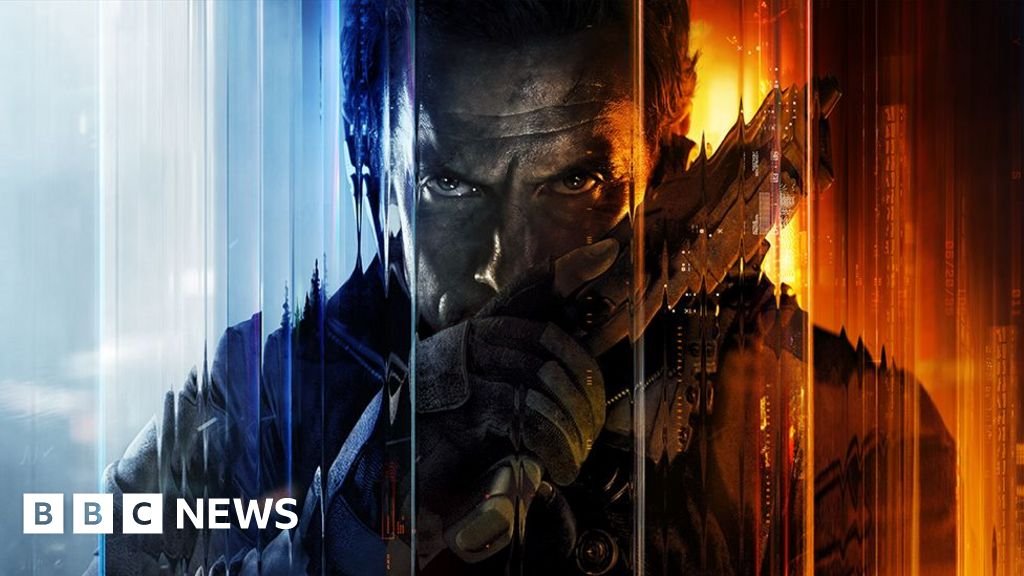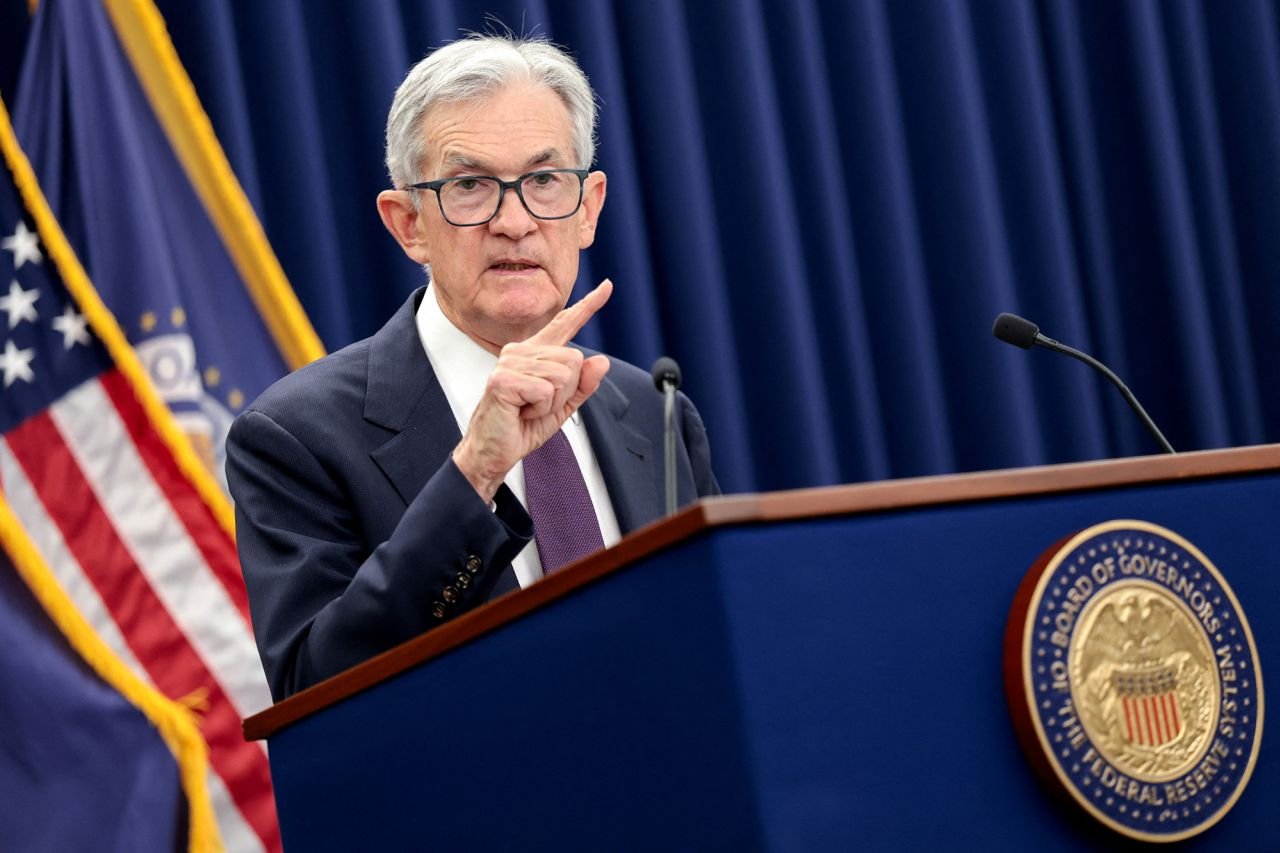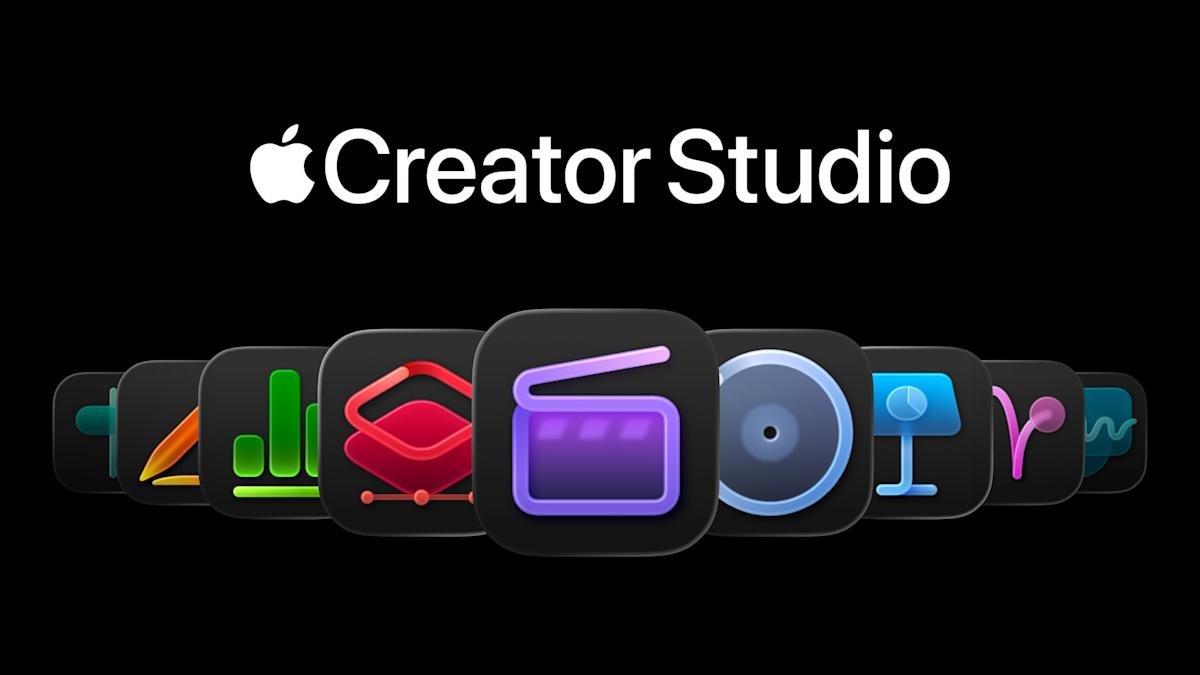Microsoft Announces Xbox Game Pass Price Increase
Player Backlash and Subscription Structure Changes
Impact on the Gaming Community and Industry Trends
Microsoft’s recent announcement of a price increase for its Xbox Game Pass subscription service has sparked significant backlash among players. The most popular tier of the service, which caters to both PC and Xbox users, will see a rise of over 50%, moving from £14.99 to £22.99 per month.
In response to the news, many fans took to social media to express their frustration, with reports indicating that the cancellation page for Game Pass experienced outages due to high traffic. Microsoft has not confirmed whether this surge in visits was directly related to the price hike.
Microsoft outlined the new structure for Game Pass in a blog post, introducing three tiers: Essential (£10 per month), Premium (£14.99), and Ultimate (£22.99). The Essential tier is necessary for online multiplayer access, while the pricier options provide a broader selection of games and additional benefits.
The Ultimate tier allows subscribers to play new titles from Microsoft-owned studios on their release day, with individual games often priced around £70. Recent additions to the Game Pass library include popular titles such as Hogwarts Legacy and various Assassin’s Creed games.
Despite Microsoft’s assertion that the changes will provide greater flexibility and value, some industry observers express concern. Ed Nightingale, a deputy news editor at Eurogamer, noted that while gaming subscription services have gained popularity, rising costs may lead players to feel priced out of the gaming experience.
Microsoft has already implemented price increases for its Xbox consoles and accessories this year, citing “market conditions” and the growing costs of game development. Similar price hikes have been seen across the gaming industry, including Sony and Nintendo.
As Microsoft continues to navigate these changes, the company’s recent layoffs and project cancellations have raised questions about its future direction, particularly as it invests heavily in artificial intelligence.





